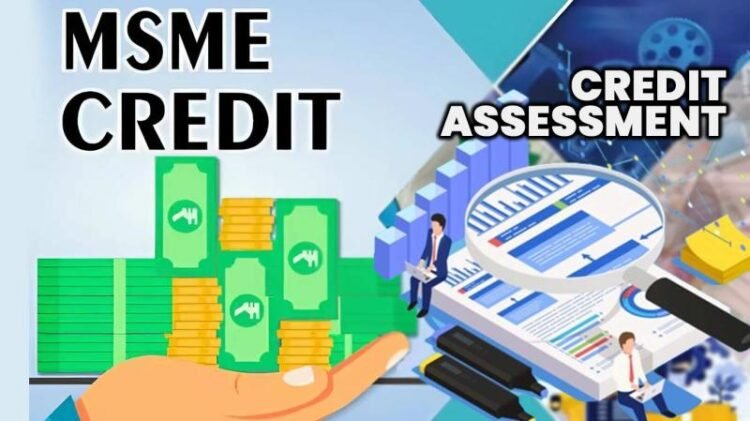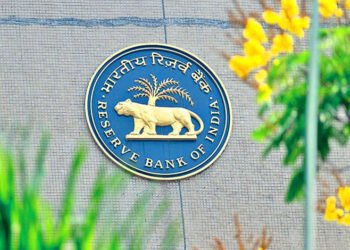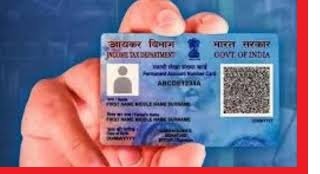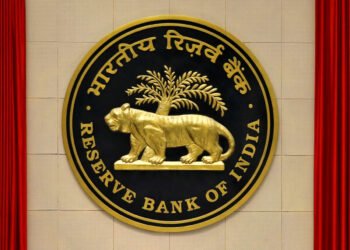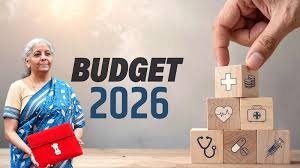Using real-time verifiable digital data, the model enables faster, objective, and paperless loan approvals for MSMEs — with over 98,000 loans already sanctioned under the new system since April 2025.
Special Report | Economy India
In a transformative move for India’s micro, small, and medium enterprises (MSMEs), the government has rolled out a new Digital Credit Assessment Model that dramatically simplifies and accelerates the loan approval process. The model leverages real-time digital footprints and automated underwriting tools, reducing manual intervention and paperwork for both borrowers and banks.
The initiative was first announced in the Union Budget 2024–25 and formally launched by the Finance Minister on March 6, 2025. Since its operationalization, public sector banks (PSBs) have already approved 98,995 MSME loan applications between April 1 and July 15, 2025, under the new system.
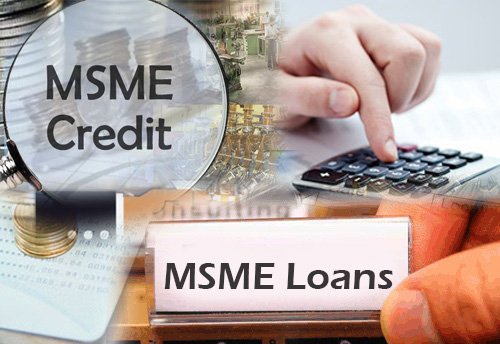
Key Features of the Digital Credit Model
- Fully Digital Evaluation: Replaces manual underwriting with a system-driven, objective model.
- End-to-End Automation: Entire loan journey—from application to approval—is handled digitally.
- Data-Based Credit Scoring: Loans are assessed based on real-time, verified digital data rather than subjective evaluations or manual paperwork.
Sources of Digital Footprints Used
The model integrates multiple APIs and data platforms for verification and scoring:
| Digital Data Source | Purpose |
|---|---|
| PAN via NSDL | Identity Verification |
| OTP-based Mobile & Email Verification | Contact Authentication |
| GST Data via APIs | Tax and Business Data |
| Bank Statements via Account Aggregator | Cash Flow and Transaction Analysis |
| ITR Upload & Verification | Income Validation |
| Credit Bureaus via API (CIBIL, Experian etc.) | Creditworthiness Check |
| Commercial/Consumer Bureau Data | Transaction Patterns |
| Fraud Check APIs | Risk Mitigation |
This extensive data integration enables real-time scoring and limits fraud or subjective bias in credit decisions.
How It Benefits MSMEs
The digital model brings a host of advantages for small businesses:
- Loan approvals in less than 24 hours
- No need to visit a bank branch
- Significantly reduced paperwork
- Objective credit decisions based on data
- Greater transparency and fraud control
- Smooth onboarding of both ETB (existing-to-bank) and NTB (new-to-bank) MSMEs
No Change in Regulatory Eligibility
While the model revolutionizes the process, there’s no change in the core eligibility criteria set by regulators or bank-specific lending policies. The model only enhances delivery — making it faster, more inclusive, and tech-driven.
According to Minister of State for Finance Shri Pankaj Chaudhary, who briefed the Lok Sabha, the model also reduces human errors and inconsistencies in MSME credit appraisals, ensuring a standardized and scalable risk evaluation framework for banks.
Towards a Data-Led Lending Ecosystem
Traditionally, loan assessments depended heavily on manual scrutiny of physical documents submitted by borrowers. This often resulted in delays, errors, and inconsistent outcomes.
Under the new model:
- Loan eligibility is assessed using algorithm-driven scorecards.
- Each PSB integrates the model with its own Business Rule Engine (BRE) to align with internal credit risk policies.
- The system provides credit logic, scoring thresholds, and auto-approval workflows tailored to MSMEs.
Driving Financial Inclusion and Ease of Doing Business
This model is a game-changer for India’s vast MSME sector — a segment long burdened by lack of timely and affordable credit.
By making MSME loans faster, safer, and more accessible, the government aims to:
- Boost productivity and competitiveness of small businesses
- Increase MSME participation in formal credit systems
- Support India’s vision of Digital Financial Inclusion
Next Steps
With over 98,000 loans already sanctioned, the success of the new model sets a strong foundation. The government and banking institutions are now working on:
- Expanding coverage to cooperative and private sector banks
- Training loan officers in system-based assessments
- Improving the AI-powered logic for more granular risk profiling
(Economy India)

